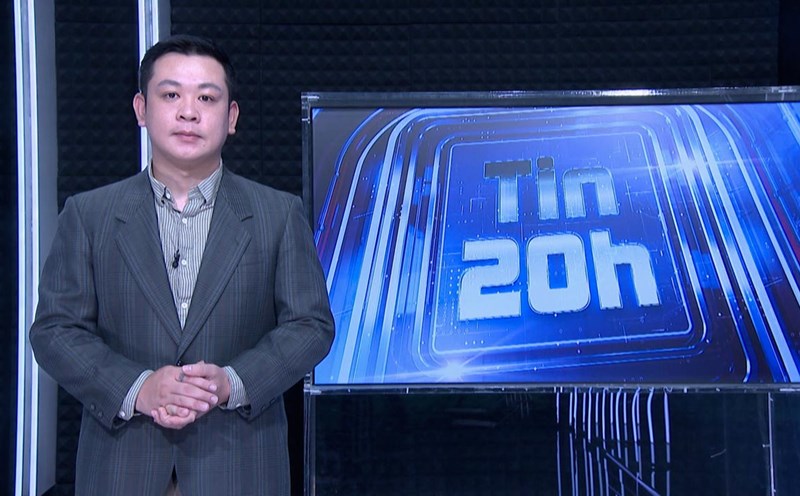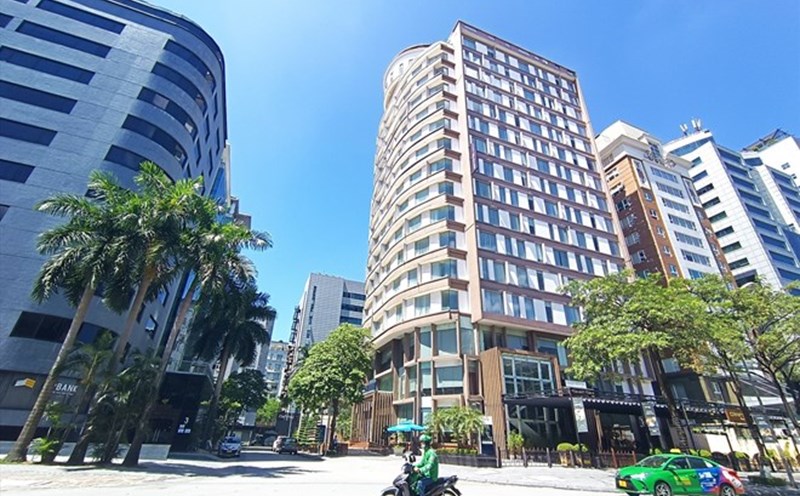How much SPF should you choose sunscreen for?
According to dermatologist Hun Kim Thao (HCMC), SPF ( sun protection coefficient) is a measure of the level of skin protection against UV radiation, melasma, sunburn and skin cancer. The higher the SPF, the more protection it provides.
To best protect your skin in harsh weather in Vietnam, you should choose a sunscreen with an SPF of 30 or higher.
Holland & Barrett says sunscreen metrics show how long you can stay in the sun. No sunscreen can completely block UV rays, but the higher the SPF, the better the protection.
The sunscreen scale system is divided as follows: low protection (SPF 40); medium protection (SPF 15-25); high protection (SPF 30-50); very high protection (SPF 50+). Of which, SPF 15 blocks 93% of UVB rays, SPF 30 blocks 97% of UVB rays and SPF 50 blocks 98% of UVB rays.
Thus, sunscreen with a high SPF will provide higher protection than those with a low sun protection coefficient. Most dermatologists recommend that users should choose sunscreen with an SPF of 30 or higher, apply an appropriate amount and reapply from 2am to 4am.
You should choose sunscreen with SPF that is suitable for your skin and needs. If working in an office and not exposed to much sunlight, sunscreen with an SPF of 30 will help protect you fully. However, if you are exposed to sunlight or do outdoor activities, you should wear a sunscreen with an SPF of 50.
Why shouldn't you wear sunscreen with a high SPF?
High sunscreen like SPF 75 or SPF 100 - does not provide much better protection than SPF 30. According to the announcement, sunscreen with a high SPF often provides much better protection against UVB rays than UVA rays, making many people mistaken about its uses.
Accordingly, sunscreen with an SPF of 30 protects your skin from 97% UVB rays. Meanwhile, sunscreen with an SPF of 100 protects the skin from 99% UVB rays. However, sunscreen with a high SPF contains many chemical ingredients, which are not always good for the skin.
How does low SPF sunscreen affect you?
UVA and UVB rays when entering the skin will cause aging and contribute to skin cancer. UVA Tia goes deep into the surface, disrupting the elastin of the skin, and is the culprit behind wrinkles, sagging, melasma...
Meanwhile, UVB does not penetrate as deep into the skin as UVA but can still harm the skin. UVB causes sunburn, damages the skin, damages DNA, and increases the risk of skin cancer.
In general, both UVA and UVB have a negative impact on the skin. Therefore, when choosing sunscreen, you should not choose one with too low an SPF, because it will not prevent UVA and UVB from entering the skin. A suitable choice is sunscreen with an SPF of 30 - 50.











